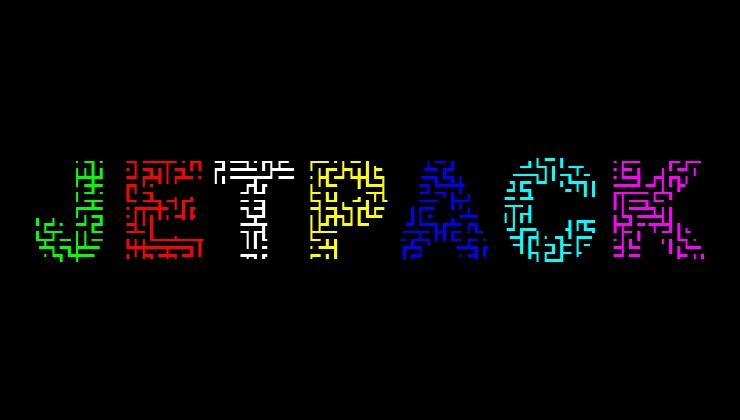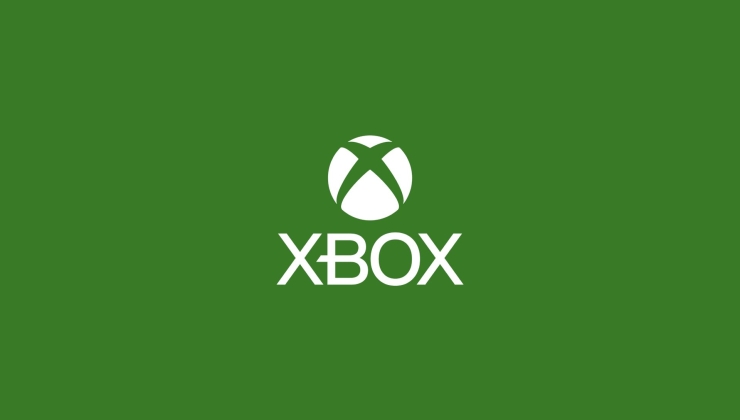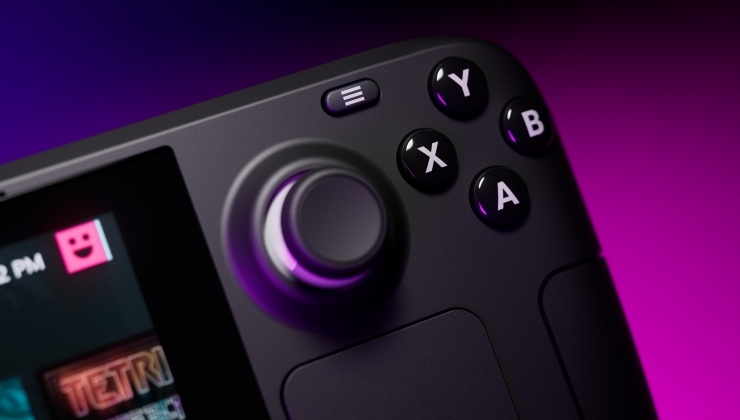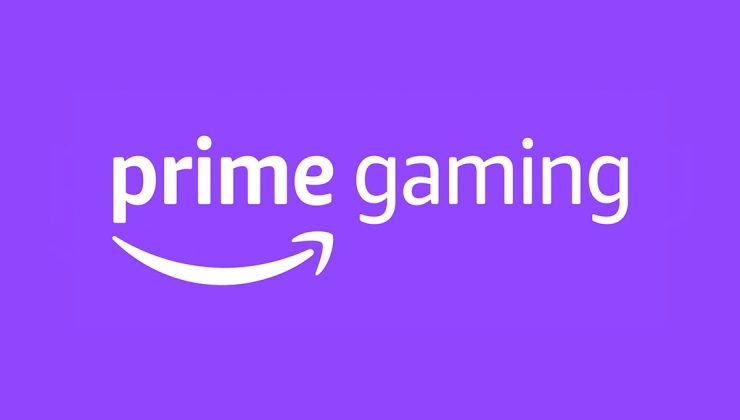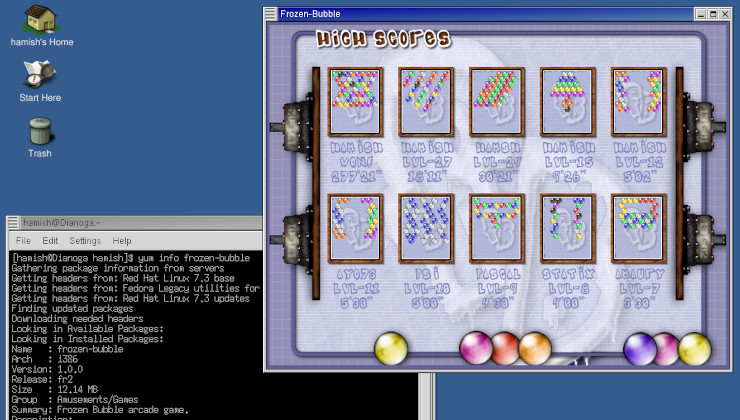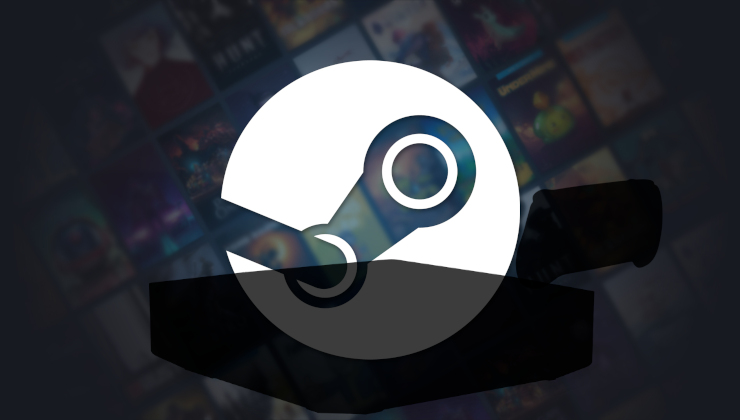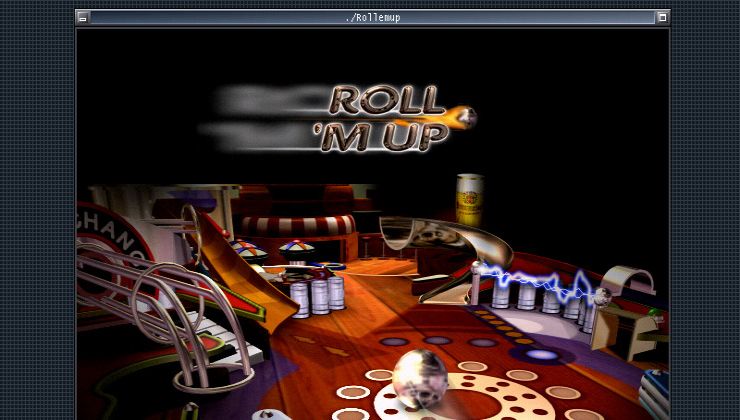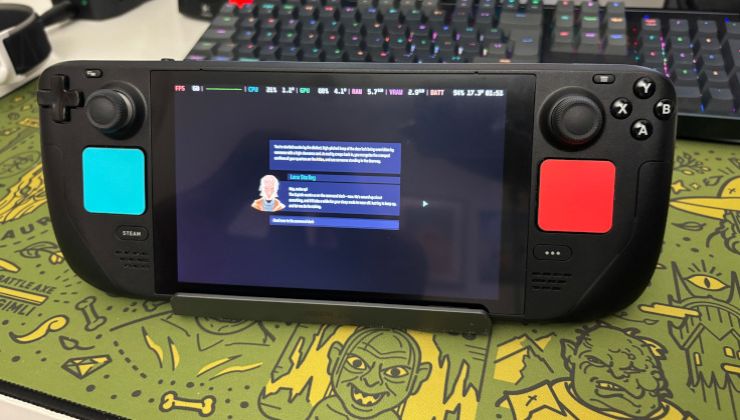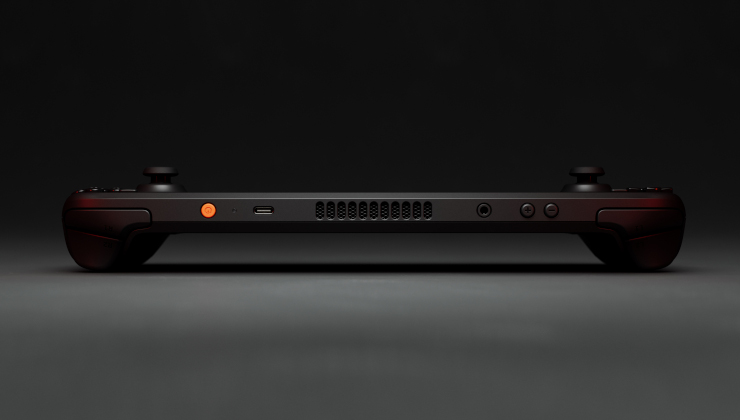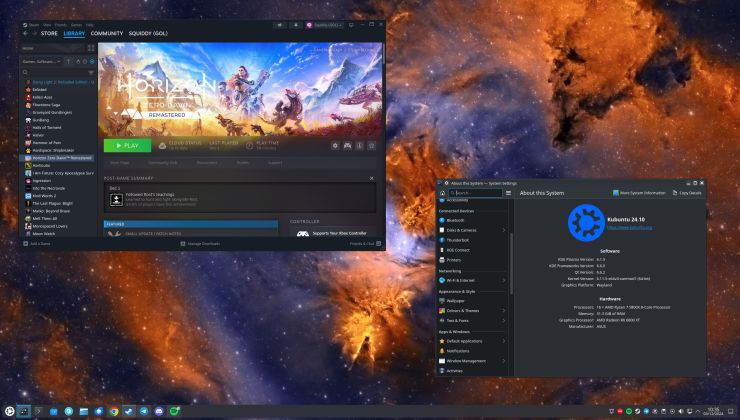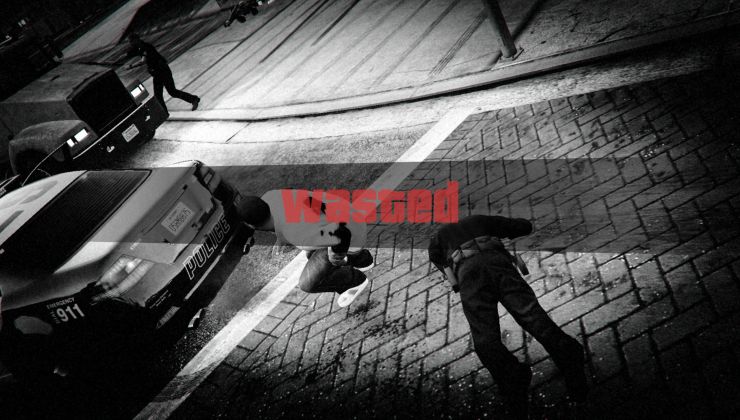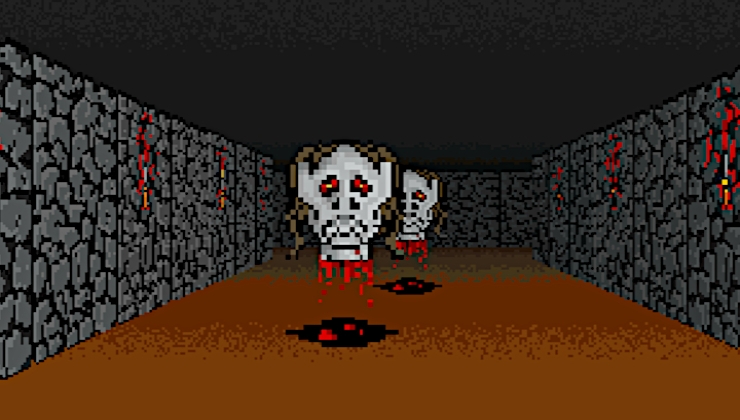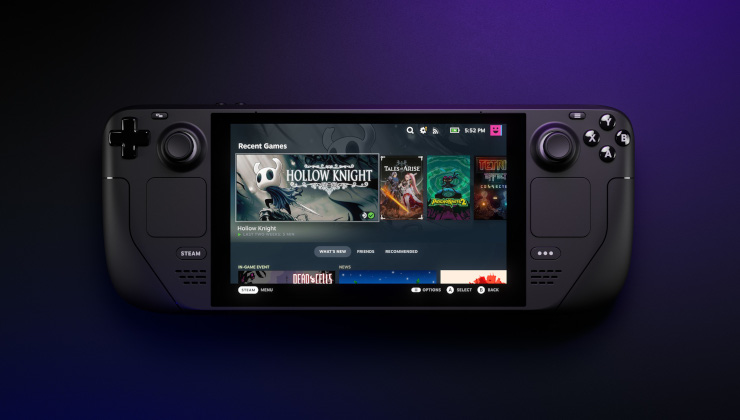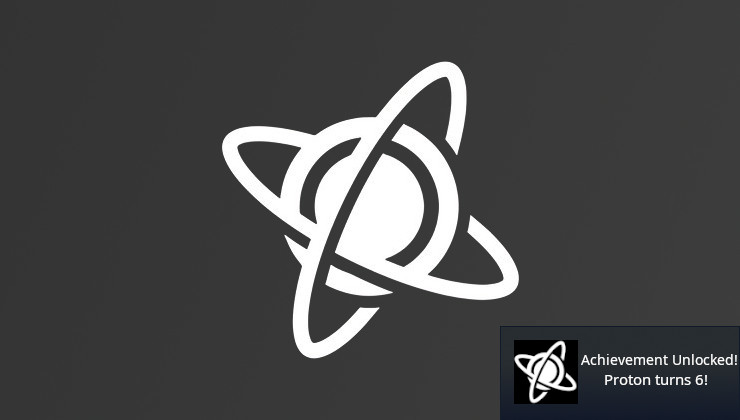So far the oldest game binary I have launched has been the original Linux port of Doom. This brought me back to 1994, both the year I was born and the year that the Linux kernel reached its milestone 1.0 release. Browsing an old SunSITE archive I came across the jetpack-linux.tar.z tarball, which contained an unusual X11 game built and packaged in June 1993.
Ignoring one smaller market while gleefully supporting another, Epic Games have announced they're getting Fortnite along with Epic Online Services Anti-Cheat on Windows Arm.
With Microsoft pushing to improve Windows on handhelds, and reportedly working with a specific partner on an Xbox-branded gaming handheld, Valve should be watching closely with their Linux plans for Steam Deck and SteamOS.
It's been three years today since Valve released the Steam Deck. Not only has Valve shown how incredible Linux actually can be as a gaming platform, but they really kicked the industry into gear on PC gaming handhelds.
Everything except making a store people wanted to use? Ethan Evans, who was previously Vice President of Prime Gaming at Amazon, has a short retrospective of trying to take on Steam.
I have had my fair share of success in running games released up to around 2004 or so, but after that I do begin to encounter more issues with binary compatibility.
While the most recent rumour of a Steam Console was complete junk, it did get me thinking on what Valve would need to do to make a Steam Console / Steam Machine actually successful.
Thanks to posts on social media and YouTuber videos, which now other news sites have picked up, we're seeing fresh rumours about a new Steam Machine / Steam Console.
For a time the term "multimedia" was one of the hottest buzzwords in the computer software industry. A number of individuals and firms staked both their futures and careers on the creation of bespoke interactive experiences, often in the service of marketing more established businesses and brands. Enter Lost Boys, an outfit based in the Netherlands intent on doing exactly that.
I get it, you worked hard for hours and days and weeks on your incredibly cool-looking interface for your game. You made it so all the text perfectly lines up everywhere and picked a slick looking font, but it's all too darn small.
With 2025 looking potentially like the year of SteamOS Linux with it coming to more handhelds, perhaps we might finally see a solution to the anti-cheat problem that has plagued the Steam Deck and desktop Linux for so long.
In a few previous years, I decided to do a fresh take each time on what the best Linux distribution was for gaming - so I'm back for a 2025 edition of the article that will cause you to tell me how wrong and terrible I am.
A lot of early UNIX and therefore Linux games struggled with the fact that the X toolkit was geared towards constructing staid graphical user interfaces, rather than for the speed and flexibility needed by games. Magic can come out of people working against imposed limitations however, and games like Xkobo succeed by this.
Doing the rounds across the net right now is a small update to the Steam checkout process when you're making a purchase, to make it clear you don't own what you buy.
Recently, we had the news that Rockstar updated Grand Theft Auto V to include BattlEye anti-cheat, and they have not enabled the Linux / Proton support that BattlEye offers. With that change, the online mode is now broken for Linux / Steam Deck. This just highlights an ongoing problem with the Steam Deck verification system.
There's a lot of blog posts and news articles being written right now centred around Microsoft's plans for updates to Windows 11, and potential kernel changes, with some thinking this means big things for Linux gaming.
The Spanish game development scene does not get much attention paid to it, especially when compared to some of its other European counterparts, but sometimes you encounter polymaths like Ángel Ortega that deserve to be highlighted. There is a real auteur talent here that was impossible for me not to appreciate.
Valve don't exactly like to give out sales numbers, so we often have to make educated guesses but sometimes with huge hits like Black Myth: Wukong, it gives us a slightly clearer idea on how the Steam Deck is actually selling.
Today marks 6 years since Valve decided to change everything, especially for Linux fans, with the announcement of Steam Play Proton. Thanks to it, the Steam Deck and Desktop Linux gaming have continued to thrive.
While the studio's destiny would later see it become consumed by Microsoft, in its earliest days Bungie instead stayed a Mac focused development house. They would later switch to cross-platform development, which soon caught the attention of a fledgling Loki Software. Bungie would again cater to an underrepresented video game market.
